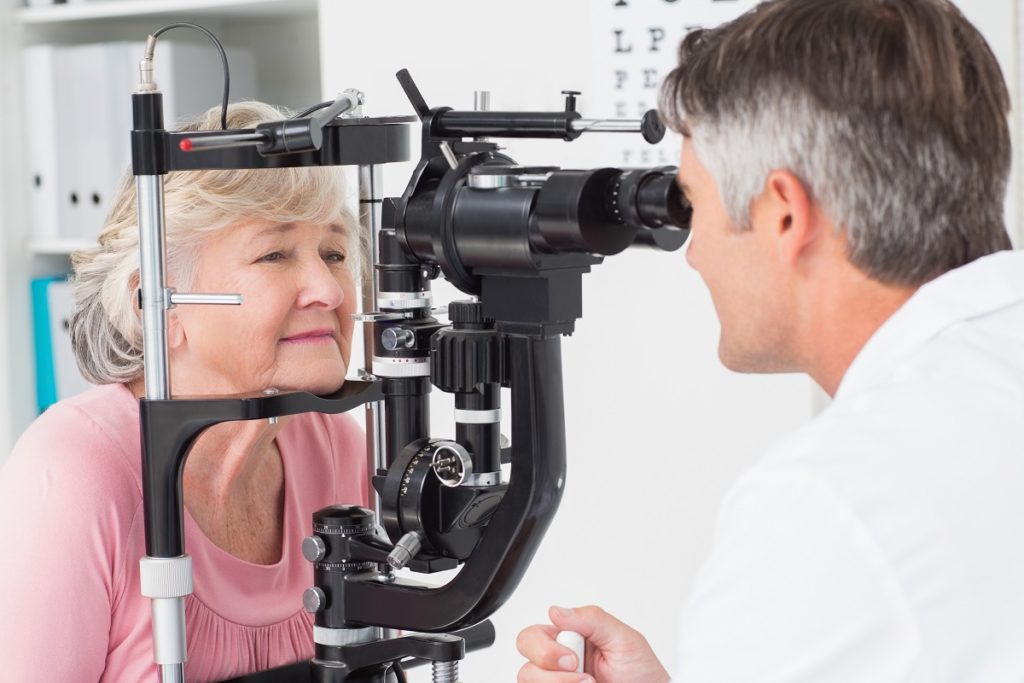
Regular eye exams are critical, even if you have not noticed any changes in your vision. Exams can detect eye diseases that don’t cause any noticeable symptoms in the early stages.
Regular eye exams can also detect other serious health issues that may not have been previously diagnosed or properly managed. A dilated eye exam provides a clear look at your body’s blood vessels, nerves and connecting tissue. Irregularities in your eyes can indicate something serious going on elsewhere in your body, and early detection is key for preventing serious complications. For some people, the findings of an eye exam can be life-saving.
Read on as the team at Berks Eye Physicians and Surgeons reveals a few of the serious health issues that a comprehensive eye exam can uncover.
Diabetes
Eye doctors can detect signs of diabetes in the eyes even before a patient has been diagnosed with the disease. Diabetes affects the tiny blood vessels of the retina, the light-sensitive tissue lining the back of the eye. If a dilated eye exam reveals that these tiny blood vessels are leaking or that new, abnormal blood vessels are growing in the back of the eye, it could indicate diabetes.
High Blood Pressure
Blood pressure problems can manifest in the tiny blood vessels of the eye. If the eye’s blood vessels show bends, kinks or tears, it may suggest high blood pressure.
High Cholesterol
A yellow or blue ring around the cornea, or plaques/deposits in the retinal blood vessels may signal high cholesterol levels.
Stroke
Tiny blocks or clots in the retinal blood vessels can indicate a heightened risk for stroke.
Multiple Sclerosis
If the doctor examines the optic nerve, which transmits information from the eye to the brain, and discovers inflammation, it could indicate multiple sclerosis. The disease of the central nervous system is known to attack the optic nerve. In the case of multiple sclerosis, the inflammation may or may not be accompanied by other symptoms such as blurry vision, double vision or painful eye movement.
Stay on Top of Your Ocular and Overall Health
If you are over the age of 40, you should plan to have a comprehensive, dilated eye exam every one to two years. If you have existing eye disease or are at a higher risk of developing disease due to factors such as a family history, you may need to have exams more frequently.
To schedule an exam with the team at Berks Eye Physicians and Surgeons, please contact us today.
 1802 Paper Mill Road, Wyomissing, PA 19610
1802 Paper Mill Road, Wyomissing, PA 19610

